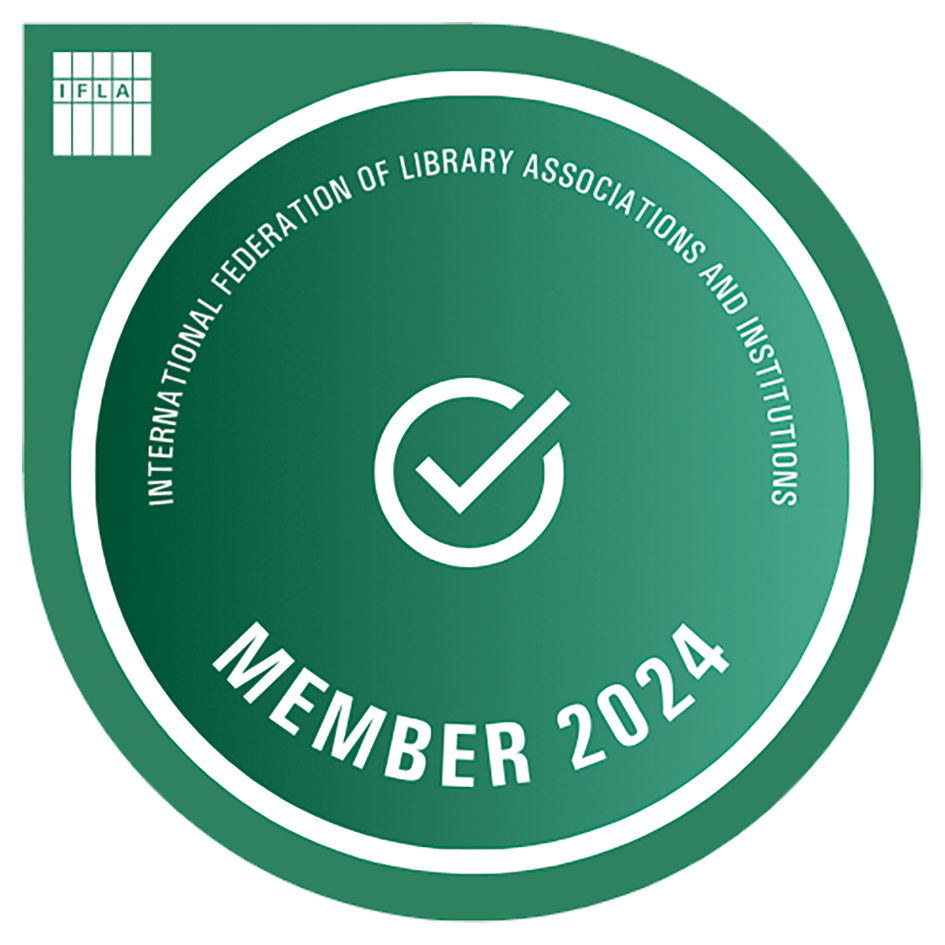News & Events
- 2021-12-14
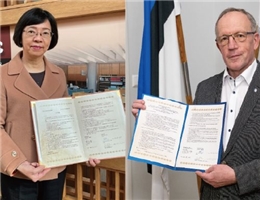
After collaborations with Latvia and Lithuania, on December 2 National Central Library Director-General Shu-hsien Tseng once again returned to the Baltic region to sign an agreement with Tartu University Rector Toomas Asser in Estonia. The Taiwan Resource Center for Chinese Studies (TRCCS) project has now added its 38th collaborating partner worldwide. This will strengthen the education and cultural relationship between the two parties.
Director-General Tseng mentioned that TRCCS program was started from 2012, and has adopted the principle of widely and evenly distribution on all continents of the world as well as in different countries. This NCL’s sustainable TRCCS program, with the practice that could realize sharing philosophy with high-efficiency service.
This new TRCCS is set up in the main library at Tartu University (TU). TU was established in 1632 and is Estonia’s largest and most famous national university. It is also one of the oldest universities in northeastern Europe. The number of PhD students from TU account for nearly half of the PhDs in Estonia. It currently has 18,000 students enrolled, which is almost 20% of the population of Tartu. TU has an Asia Center, which provides a teaching and learning platform for Chinese instruction and research on Chinese studies and Taiwan studies topics, such as culture, religion, economics, national security, and political development. Therefore, the Tartu University library also started to develop holdings related to the research and teaching of Taiwan studies and Chinese studies done in the Asia Center.
This includes such topics as traditional Chinese literature, history, and philosophy; tantra; the aging society in Asia and women’s roles; Taiwan politics and economy; and cross-strait economic development. The TRCCS will enable researchers at TU and students and lecturers in neighboring regions to obtain Chinese language books and periodicals more easily. Furthermore, NCL will work with partnering institutions to host scholarly activities, such as the recent exhibition on November 29 cohosted with the National Library of Latvia. Director Hui-wen Lu from the Graduate Institute of Art History at National Taiwan University was invited and spoke on “Cursive Calligraphy and Buddhist Monks from the 8th to 11th Centuries.” This collaboration project will bless TU’s cross-cultural research and teaching with regard to Chinese studies, Taiwan studies, and cross-strait relationships.
Director-General Tseng explained that in 2011, the government began establishing Taiwan Academies overseas in an effort to promote Chinese culture with Taiwan characteristics to the world. Starting with Taiwan’s unique features and advantages, the government used its advanced information systems and digital technology to synthesize Chinese instructional materials and promote traditional characters, Taiwan research, and Chinese studies, and Taiwan’s multiculturalism. These aspects were important mediums for Taiwan’s culture to interact with the international community. It also became a platform for the international community to come to know Taiwan’s overall success in development. Since NCL’s Center for Chinese Studies had accrued many years of rich service and success in international Chinese studies, it received the approval of the Executive Yuan’s Taiwan Academy Promotion Group. It was recommended that the Ministry of Education has NCL join the promotion group for the Taiwan Academy.
In the Taiwan Academy located in New York, Los Angeles, and Houston, a Resource Point was set up as a way to engage in exchange, as well as to show forth research achievements in Taiwan studies and Chinese studies. Then, the NCL holds Taiwan Lectures on Chinese Studies and exhibitions of ancient works in many countries across Asia, Europe, and North America every year. This year the Taiwan Lectures on Chinese Studies was change to an online format because of the worldwide pandemic. Furthermore, it teamed up with the National Library of Estonia in Tallinn to cohost a physical exhibition called “The Imprint of Civilization,” which used an online format to host the opening ceremony. No matter what the medium of exchange is – an online Taiwan Lecture on Chinese Studies or an exhibition using both physical and virtual elements – the events by NCL have been able to be shared even more widely, thus more fully spreading Taiwan’s cultural soft power.
-
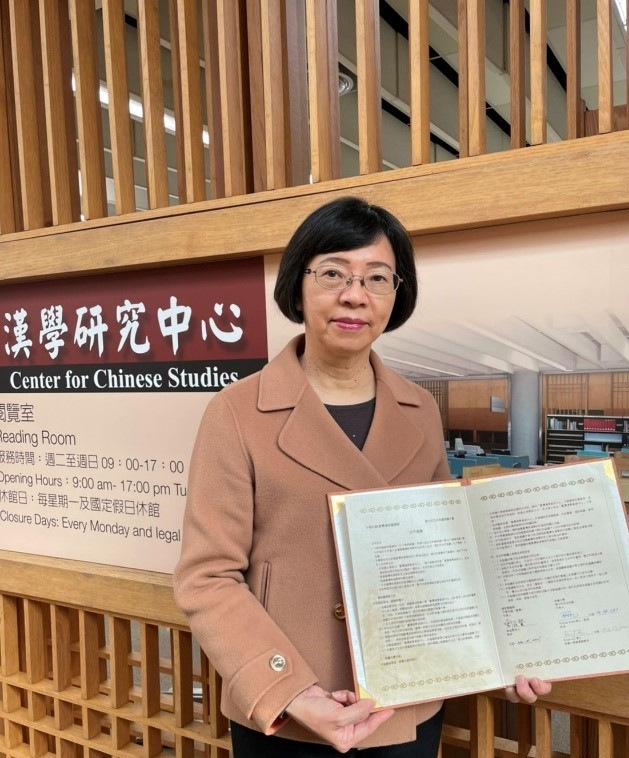 NCL Director-General Tseng holds the agreement of the TRCCS project.
NCL Director-General Tseng holds the agreement of the TRCCS project. -
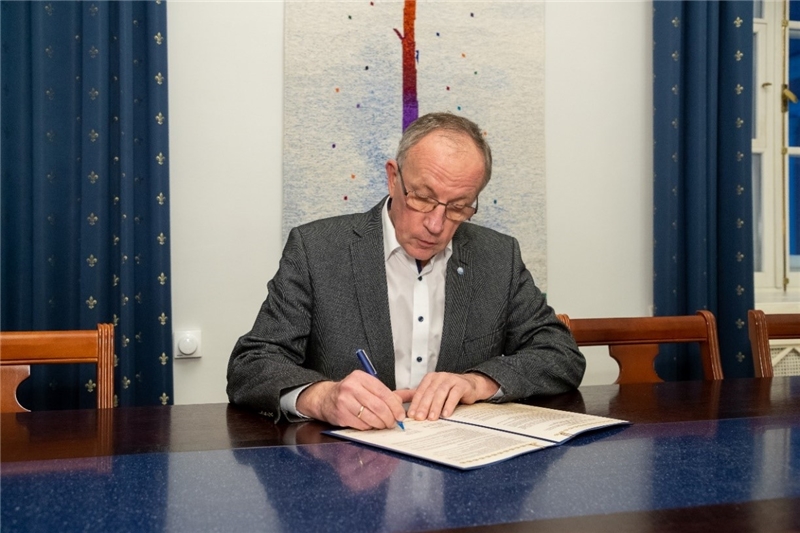 Rector of the University of Tartu Toomas Asser signs the agreement (First signing representative).
Rector of the University of Tartu Toomas Asser signs the agreement (First signing representative). -
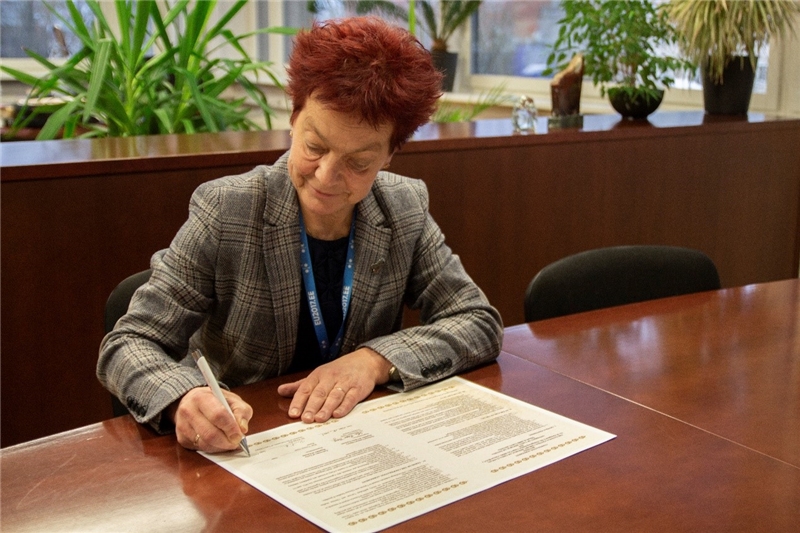 Director of the University of Tartu Library Krista Aru signs the agreement of the TRCCS project (Second signing representative).
Director of the University of Tartu Library Krista Aru signs the agreement of the TRCCS project (Second signing representative). -
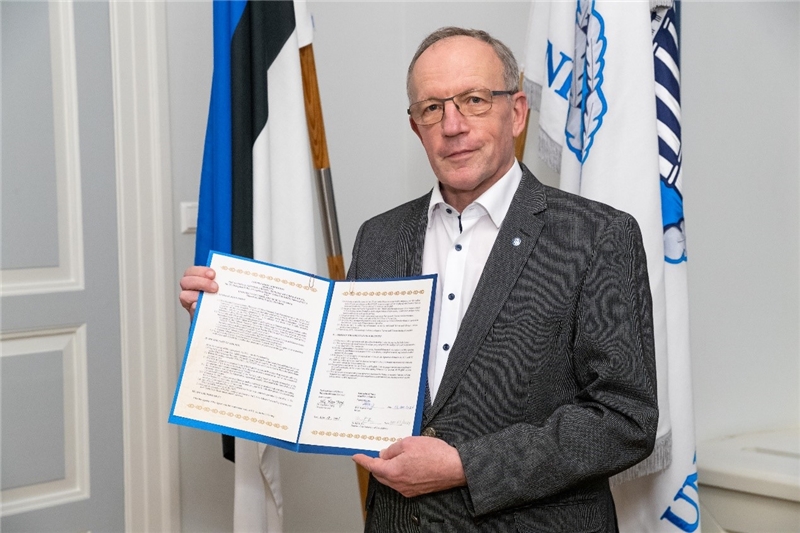 The Tartu University Rector Toomas Asser holds the collaboration agreement.
The Tartu University Rector Toomas Asser holds the collaboration agreement. -
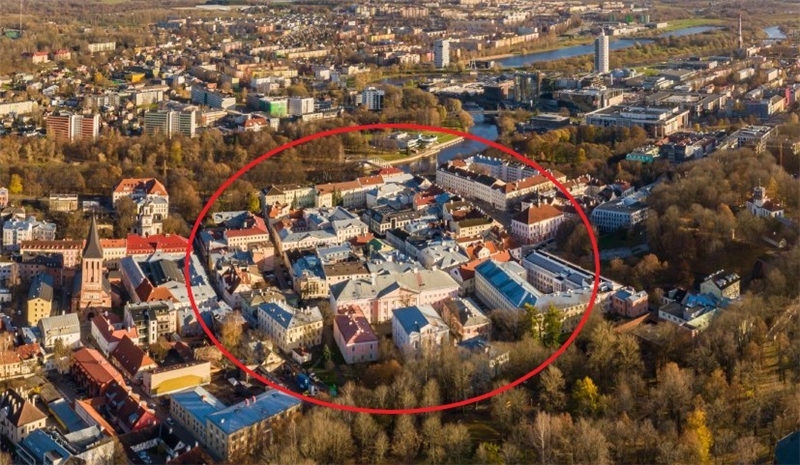 A bird’s-eye view of the University campus.
A bird’s-eye view of the University campus. -
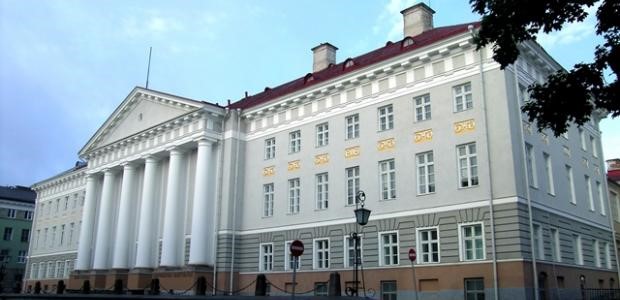 The most iconic Main Building of the Tartu University.
The most iconic Main Building of the Tartu University. -
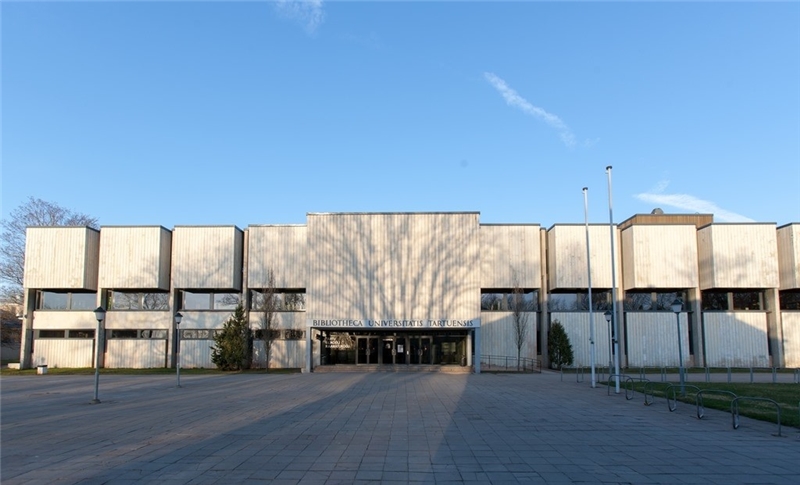 The University Library.
The University Library. -
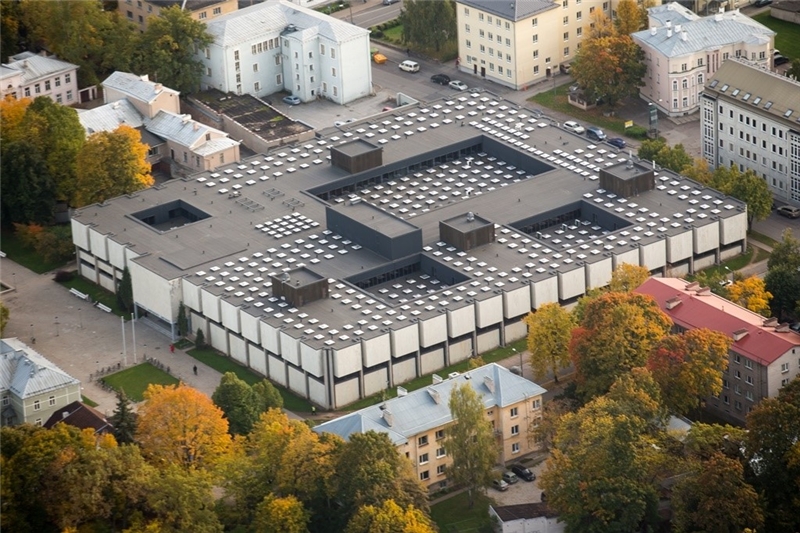 A bird’s-eye view of the University library.
A bird’s-eye view of the University library. -
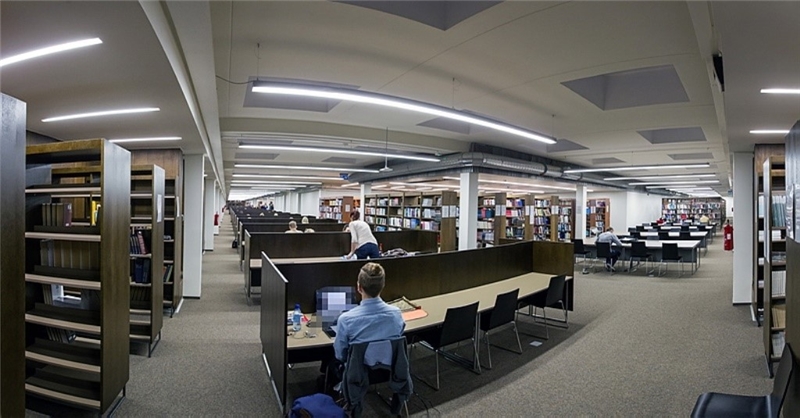 An inside corner of the University Library.
An inside corner of the University Library.
- Resources
- NEWS & Events
- ABOUT NCL
- International Cooperation and Exchange
- Services






